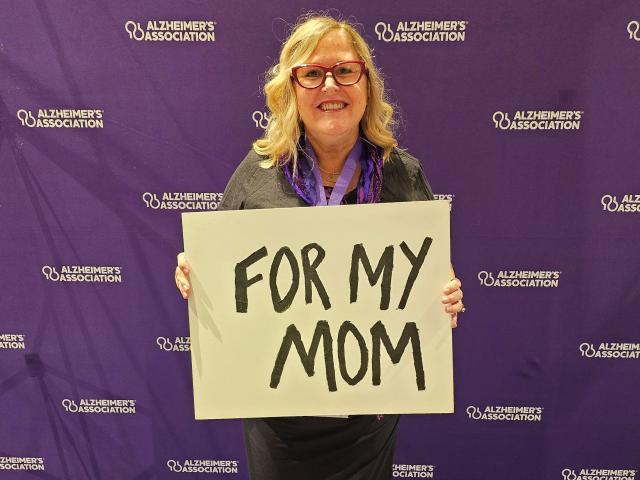WASHINGTON, D.C., June 26, 2018 - Today, the Senate Appropriations Labor, Health and Human Services, (Labor-HHS) Education and Related Agencies Subcommittee led by Chairman Roy Blunt (R-Mo.) proposed a $425 million increase for Alzheimer's and dementia research funding at the National Institutes of Health (NIH). If signed into law, Alzheimer's and related dementia research funding at the NIH would reach $2.3 billion.
"Today's action along with historic funding increase during the past few years moves us closer to a breakthrough against this fatal and devastating disease," said Harry Johns, Alzheimer's Association and Alzheimer's Impact Movement (AIM) President and CEO. "In order for us to change the current trajectory of the disease so that we can save lives, we need consistent and meaningful investments in Alzheimer's research from the federal government."
Today, more than 5 million people are living with the disease, and, without medical breakthroughs, by 2050 this number is projected to reach 14 million. The most expensive disease in America, Alzheimer's will cost an estimated $277 billion including $186 billion in direct costs to Medicare and Medicaid in 2018, with the total costs expected to reach more than $1 trillion annually by mid-century.
Since the passage of the National Alzheimer's Project Act (NAPA) Alzheimer's and dementia research funding at the NIH has quadrupled. This necessary surge in funding has been possible by the leadership of Senator Blunt and Senator Patty Murray (D-Wash.), Chair and Ranking Member of the Labor-HHS Appropriations Committee, respectively.
Alzheimer's is the only leading cause of death that cannot be prevented, cured, or even slowed. Earlier this month the House Appropriations Committee approved a $401 million increase in its budget.
Alzheimer's Association ®
The Alzheimer's Association is the leading voluntary health organization in Alzheimer's care, support and research. Our mission is to eliminate Alzheimer's disease through the advancement of research; to provide and enhance care and support for all affected; and to reduce the risk of dementia through the promotion of brain health. Our vision is a world without Alzheimer's. For more information, visit alz.org.
